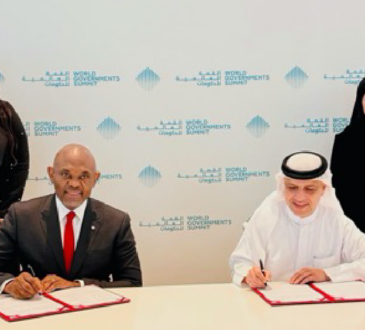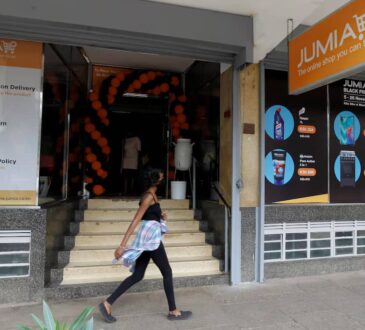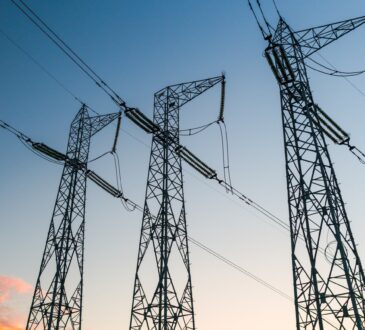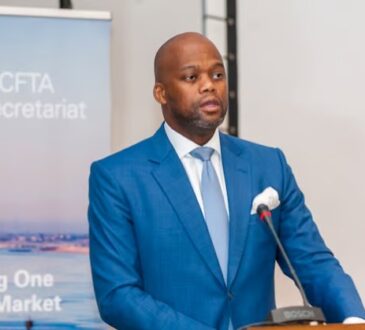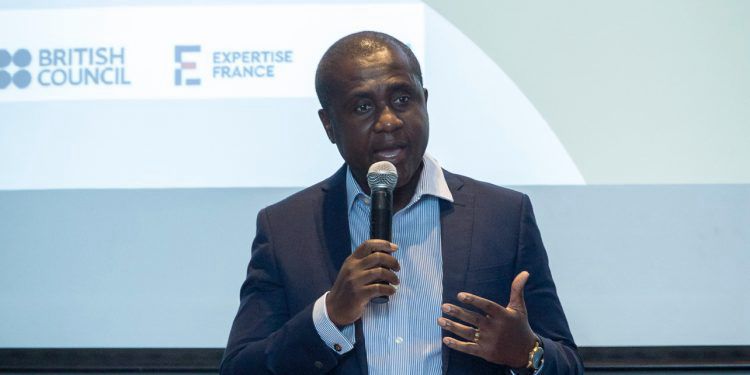
The Development Bank Ghana and partner financial institutions have highlighted their commitment to invest GHS1billion in women-led businesses in the next three to five years to enhance growth.
The commitment is about 10 percent of DBG’S funding, signalling a strong support towards women-owned businesses.
“DBG’s vision is to accelerate inclusive and sustainable economic transformation by fostering the growth of a competitive private sector,” Michael Mensah-Baah, Deputy CEO said at a stakeholders workshop on Barriers and Opportunities to Women’s Access to Finances in Ghana.
DBG is also committed to ensuring that 20 percent of all the businesses that receive DBG funding are owned by women.
The workshop was to enable stakeholders to embark on a collective effort to address the critical issue of gender mainstreaming in the financial sector.
Small and medium enterprises (SMEs) as well as local corporates constitute more than 90 percent of businesses in Ghana yet are only able to access less than 10 percent of their financial needs through financial institutions.
According to the Mastercard Index of Women’s Entrepreneurship (MIWE), 46.4 percent of businesses in Ghana are owned by women.
Despite the critical role women play in economic development, access to finance has been a major constraint for women-owned businesses.
Mr Mensah-Baah said inclusivity was extremely important to ensure all sections of society benefit and thrive.
The Gender Mainstreaming Accelerator Programme (GMAP) – under the ICR facility in collaboration with partners and stakeholders aims to provide capacity-building programmes for DBG and targeted Participating Financial institutions.
This Programme presents a platform for creating a more equitable and inclusive financial ecosystem that serves the needs of all Ghanaians, particularly our women entrepreneurs.
He said the Gender Mainstreaming Scan (GMS) conducted by the GFA Consulting Group had provided valuable insights into the existing gender disparities and barriers within institutions and the broader financial landscape.
Through extensive data collection and analysis of DBG & five selected PFIs comprising commercial banks and non-bank financial institutions, the GMS has shed light on the key gaps and challenges hindering women’s access to finance, as well as the institutional, legal, and structural barriers that must be addressed to promote gender equality.
It is in this connection that DBG decided to harness the collective expertise, experiences, and perspectives of the diverse stakeholders to develop comprehensive and contextually relevant policy recommendations.
“By engaging in open dialogue and collaborative problem-solving, we aim to identify tangible solutions that will drive meaningful change and advance our gender mainstreaming efforts,” he said.
“Together, we have the opportunity to shape policies and frameworks that will not only benefit our institutions but also empower women entrepreneurs and contribute to the socioeconomic development of our nation,” he added.
Mr Mensah-Baah said DBG on its part has been involved in the area of gender mainstreaming by building capacity of women and youth-led businesses to thrive in the financial landscape.
DBG is also participating in initiatives such as the 2X Challenge, underscoring its dedication to advancing women’s economic empowerment, contributing to the mobilization of capital for projects that directly benefit women entrepreneurs, leaders, and stakeholders, thus amplifying their impact on the economy.
Additionally, DBG has endorsed the Women’s Empowerment Principles (WEPS), further solidifying its commitment to promoting gender equality and women’s empowerment. By adhering to these principles, DBG is actively working to create a more inclusive workplace, marketplace, and community, where women have equal opportunities to thrive and succeed.
He expressed gratitude to the Investment Climate Reform (ICR) Facility together with the sponsors of this program for their unwavering support in advancing gender-lens investing activities within the Development Bank of Ghana. Their commitment to fostering inclusive economic growth is truly commendable, and we are privileged to partner with them on this journey.




